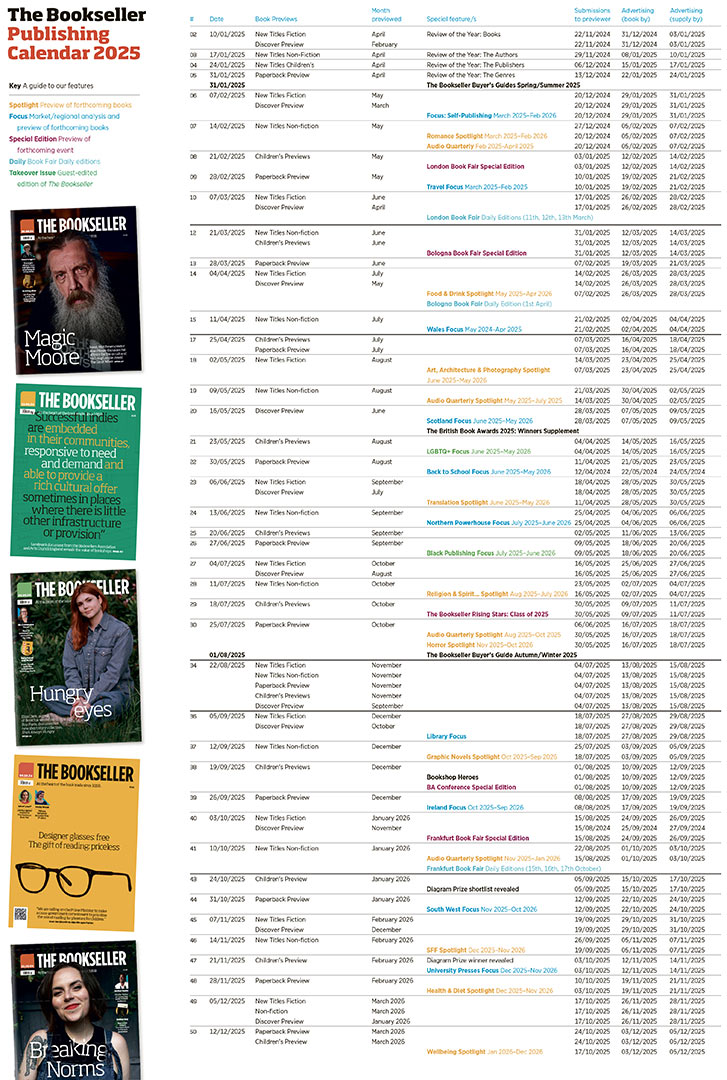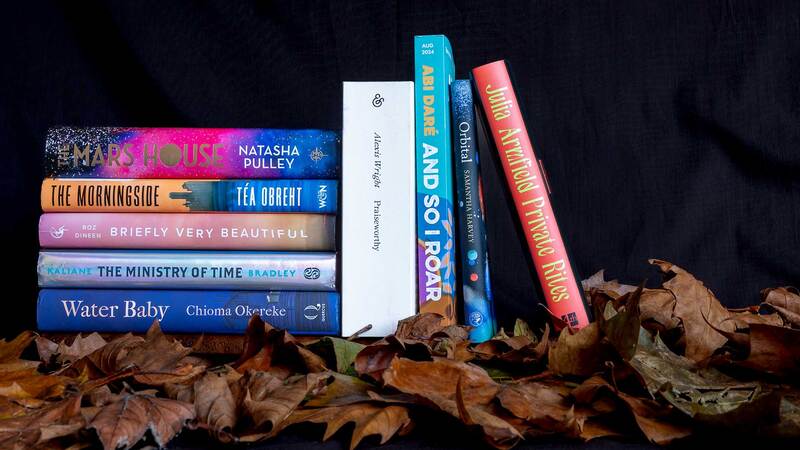You are viewing your 1 free article this month. Login to read more articles.
Why dictionaries still matter
In publishing, we like to talk about readers (instead of “customers” or “consumers”), but can a dictionary really have “readers” in the usual sense?
There are people who read dictionaries from start to finish; there are even people who copy it out by hand. But these people are a remarkable minority. Most of us would never crack open a large print dictionary, start at "a" (definition: “the first letter of the alphabet…”) and read through to "zzz" (definition: “sleep”).
And yet dictionaries – especially all dictionaries taken together – constitute one of the most used books, if not necessarily the most read from start to finish.
The value of a dictionary has always been its content: the words, definitions, and other information (whereas for fiction is it probably the story, the characters, the setting, etc and for non-fiction, the facts and the construction of an argument). The layout (alphabetical, with “running heads” at the top of the page, etc), has usually just been a navigation tool. The modern navigation tool, though, is a search engine. We are living in a digital age, where books, music, film, and television are expected to take up as little physical space as possible while being accessible instantly anywhere. So how does this trend affect a big, clunky, hardbound book like the Collins English Dictionary?
Dictionary printing has certainly shrunk. But no one – neither the publishers nor the readers – wants to see these books vanish entirely. Why is that? Is it just sentimentality, which could end when those of us who remember the pre-digital age are gone? Or is there something irreplaceable and valuable a real dictionary provides that a virtual one cannot?
The classic argument for “reading” a print dictionary is serendipity: making fortunate discoveries by accident. As you browse through the pages, looking for the word you just read or heard, other strange and wonderful words catch your eye. One dictionary-look-up session could increase your vocabulary by five or ten words, when you only wanted to look up one. This is no small thing. First of all, it happens pretty much every time you open a dictionary. But more importantly, in a world where communication is growing shorter – think of the text and internet abbreviations or the 140 character limit on Twitter – building up your vocabulary is more important than ever to help you and your words stand out.
Another advantage a print dictionary has is that it is not instant. Almost everything digital is faster; but things quickly learned can be quickly forgotten. Looking up a word in a big, thick book slows you down, encourages you to concentrate long enough to commit the definition(s) you just read to memory, making them a permanent part of your life.
But my favourite thing about print dictionaries is that they create signposts of language development. Language is in a constant state of change; so constant, and at times so gradual, that we don’t always notice it. Until a new edition of the dictionary is published, that is. This is an event, accompanied by a long list of the new words added, and an opportunity to pause and reflect on all the words we have been using recently that we may not have used much before.
The latest edition of the Collins English Dictionary includes words and phrases like "al desko", "bitcoin", "click fraud", "payday lending", and "vape", as well as many, many others, giving us a snapshot of the world, our society, our culture, as they are right now, just as adding "perestroika" and "yuppie" did in the 1980s. We all live in the future now, but it is difficult to imagine any future in which we will have outgrown the need to take a moment and reflect on how far we’ve come.
Robert Groves is a consultant lexicographer and one of the editors of the new edition of Collins English Dictionary, which launches today featuring 50,000 newly added words.















